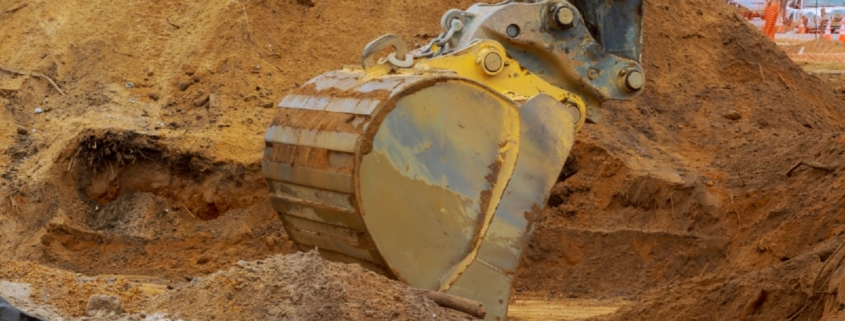Incorporating Inclusion and Diversity in the Construction Industry 2575
The task of managing a construction project is not a simple one. It requires a blend of expertise, perseverance, and careful planning. This article provides essential tips and best practices for successful construction project management.
The first step towards a successful construction project management is thorough planning. It is critical to understand the scope of the project and outline a detailed plan from the start. This includes setting clear objectives, defining roles and responsibilities, establishing a timeline, and developing a budget. In addition, potential risks and challenges should be identified and mitigation strategies developed. Without a detailed plan, the project may run into avoidable problems.
Communication is key in any project, but it is particularly important in construction project management. Ensuring regular and clear communication with all stakeholders – from the subcontractors and suppliers to the construction crew and the client – helps to prevent misunderstandings, reduce errors, and ensure everyone is on the same page. Timely updates, regular meetings, and progress reports are all part of effective communication strategies.
Another essential aspect of successful construction project management is quality control. This involves making sure that all work is completed to the highest possible standards, and also meeting safety regulations and guidelines. Regular inspections and audits should be conducted to monitor the quality of work, and any issues should be addressed promptly to prevent further complications.
Proper resource management is also vital. This includes not just handling the financial resources, but also the human resources, materials, equipment, and time. Efficient use of resources can significantly reduce costs and increase project profitability.
Finally, a successful construction project manager must continually monitor project progress against the initial plan, and be ready to adapt as necessary. This could involve reallocating resources, changing the schedule, or modifying the plan. Being flexible and able to respond quickly to changes can make the difference between a successful project and one that runs over budget or falls behind schedule.
In conclusion, successful construction project management involves comprehensive planning, clear communication, quality control, efficient resource management, and flexibility. By applying these essential tips and best practices, any construction project can be successfully and effectively managed.
For more details, check best Gutter Repair And Replacement Services Dublin or visit their Gutter Services business listing here.



